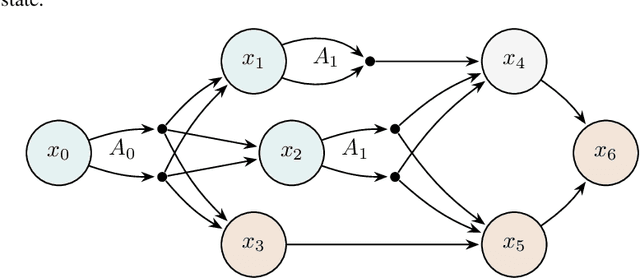A Primal-Dual Online Learning Approach for Dynamic Pricing of Sequentially Displayed Complementary Items under Sale Constraints
Paper and Code
Jul 08, 2024



We address the challenging problem of dynamically pricing complementary items that are sequentially displayed to customers. An illustrative example is the online sale of flight tickets, where customers navigate through multiple web pages. Initially, they view the ticket cost, followed by ancillary expenses such as insurance and additional luggage fees. Coherent pricing policies for complementary items are essential because optimizing the pricing of each item individually is ineffective. Our scenario also involves a sales constraint, which specifies a minimum number of items to sell, and uncertainty regarding customer demand curves. To tackle this problem, we originally formulate it as a Markov Decision Process with constraints. Leveraging online learning tools, we design a primal-dual online optimization algorithm. We empirically evaluate our approach using synthetic settings randomly generated from real-world data, covering various configurations from stationary to non-stationary, and compare its performance in terms of constraints violation and regret against well-known baselines optimizing each state singularly.
 Add to Chrome
Add to Chrome Add to Firefox
Add to Firefox Add to Edge
Add to Edge